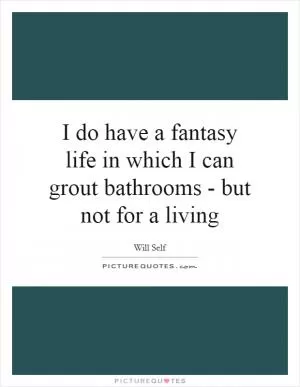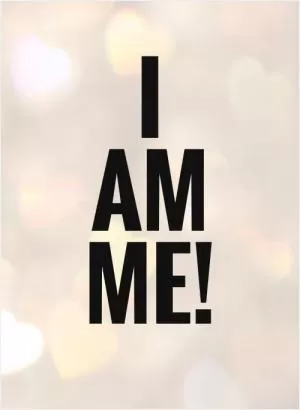Like all right-listening folk, I am an implacable enemy of all muzak

Like all right-listening folk, I am an implacable enemy of all muzak
Will Self, the renowned British author and cultural critic, is known for his sharp wit and unapologetic opinions on a wide range of topics. One of his most famous and oft-quoted statements is, "Like all right-listening folk, I am an implacable enemy of all muzak." This declaration encapsulates Self's disdain for the insidious presence of background music in public spaces, and his belief that it represents a form of cultural degradation.Self's aversion to muzak, or elevator music as it is commonly known, is rooted in his belief that it represents a form of mindless consumerism and conformity. He sees it as a symptom of a society that values superficiality and instant gratification over depth and authenticity. In his view, muzak is a form of sonic pollution that invades our public spaces and numbs our senses, preventing us from engaging with the world around us in a meaningful way.
Self's critique of muzak is also a critique of the commercialization of art and the commodification of culture. He sees muzak as a product of the music industry's relentless pursuit of profit, at the expense of artistic integrity and creativity. By reducing music to a mere background noise, muzak devalues the emotional and intellectual power of music, turning it into a disposable commodity to be consumed and discarded without thought or reflection.
Self's stance against muzak is not just a matter of personal preference; it is a political statement against the homogenization of culture and the erosion of individuality. By rejecting muzak, Self is asserting his right to choose what he listens to and how he engages with the world around him. He is refusing to be passive in the face of a culture that seeks to manipulate and control our thoughts and emotions through the insidious use of background music.












 Friendship Quotes
Friendship Quotes Love Quotes
Love Quotes Life Quotes
Life Quotes Funny Quotes
Funny Quotes Motivational Quotes
Motivational Quotes Inspirational Quotes
Inspirational Quotes